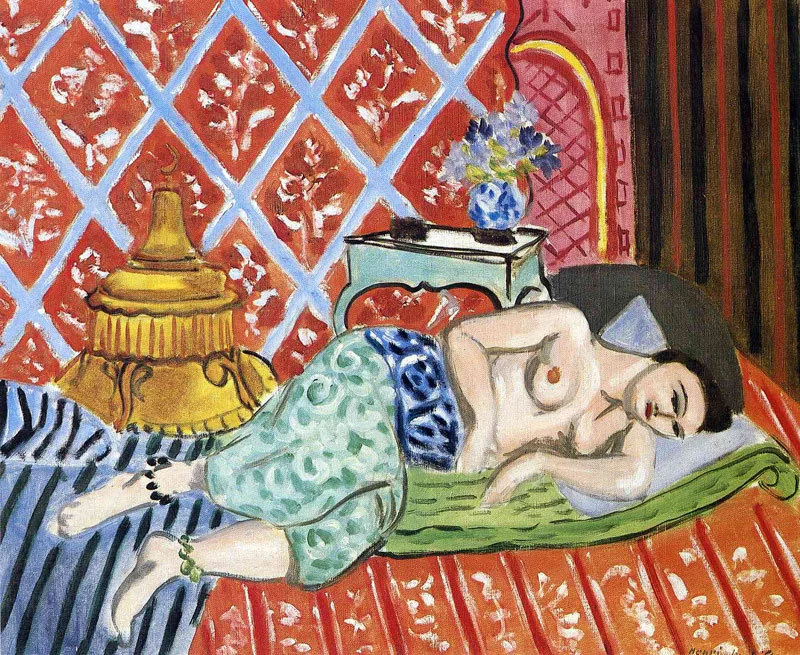Preventative Tips & Actions for #EndAlzheimer's
This is a two-part series on Alzheimer's Disease, providing first a social and second a medical science approach in educating about the disease
My grandmother passed away around this time last year from Alzheimer's Disease. Her passing was almost exactly two years after my grandfather's passing.
Their health trajectory and cause of death is sadly exemplary of the enigma of Alzheimer's Disease. Or even rather most genetic disease prevention. We have always approached and continue to recall my grandfather's lifestyle habits humourously. His preferred diet would preferably be that of a child, consisting of pasta, baked goods, and desserts if only my grandmother let him. He had a secret drawer of chocolates and a stash of ice cream that was purportedly bought for us, their grandchildren. We were cons in my grandfather's quest for. candy. He smoked and drank liberally to wash it off.
My grandmother, on the other hand, would rarely ever eat sweets and preferred fruits, vegetables, whole grains, and fish over anything—the typical Mediterranean diet of her roots.
Science and conventional approach would have it that my grandfather should have developed Alzheimer's or the like with his habits. Yet, he died peacefully with no health concerns besides the here and there that comes with old age. So, what gives?
When I look back on the respective lives of my grandparents, two things stand out to me: rigidity and kinship. Both of my grandparents were tied to the latter, surrounding themselves with friends as often as possible. There is a culture of neighbourliness in the Mediterranean that doesn't quite exist in the United States. As an anthropologist, the link between kinship, community, and overall health are linked through social support.
The former aspect of rigidity is a delicate yet significant one. My grandfather was a dynamic, flexible, and compassionate man. Rarely do I ever remember seeing him angry, which stemmed from his keen ability to pause to reflect on the opposing perspective. Reflecting before and often rather than reacting. Although my grandmother was not reactionary or angry, per se, she was more of a rigid personality. She had a habitual, organised, and almost military approach to how she led her life. I suppose this partially stemmed from being raised by a single mother with her two sisters during wartime. It provides a sense of control.
I, too, appeal to that sense of control. It served me through my history as an immigrant and through battling Anorexia nervosa. But if the latter shows anything, it's that there is a contradictory nature to control. The habits that we seek for control in return paradoxically control us. Whether that is a developing obsession with nutritional information, amount of exercise, or other compulsions. In its definition, such compulsions or rigid, static behaviour are urges that go against conscious wishes that constrain the fluidity or dynamism of life. They're irresistible urges just like the actions they aim to suppress, such as eating a cookie or resting.
There are many aspects of Alzheimer's Disease that we do not yet know medically. Social sciences from Anthropology to Psychology are also still exploring its causes, cross-culturally. In a personal, anthropological lens, these are what I see as impactful: to surround oneself with close kin and to find ease. Because that is what will also see us through even if a diagnosis faces us or a loved one.
To support those facing a similar story and to have a further impact for the cure, please consider donating within your means to Alzheimer's Assocation.
About the Author
Almila Kakinc-Dodd is the Founder, Editor-in-Chief of The Thirlby. She is also the author of the book The Thirlby: A Field Guide to a Vibrant Mind, Body, & Soul. She is currently pursuing her Master’s in Nursing as a Dean’s Scholar at Johns Hopkins University. Her background is in Anthropology & Literature, which she has further enriched through her Integrative Health Practitioner training at Duke University. She lives in the Washington, D.C. Metro Area, where she regularly contributes to various publications. She is a member of Democratic Socialists of America and urges others to join the movement.




